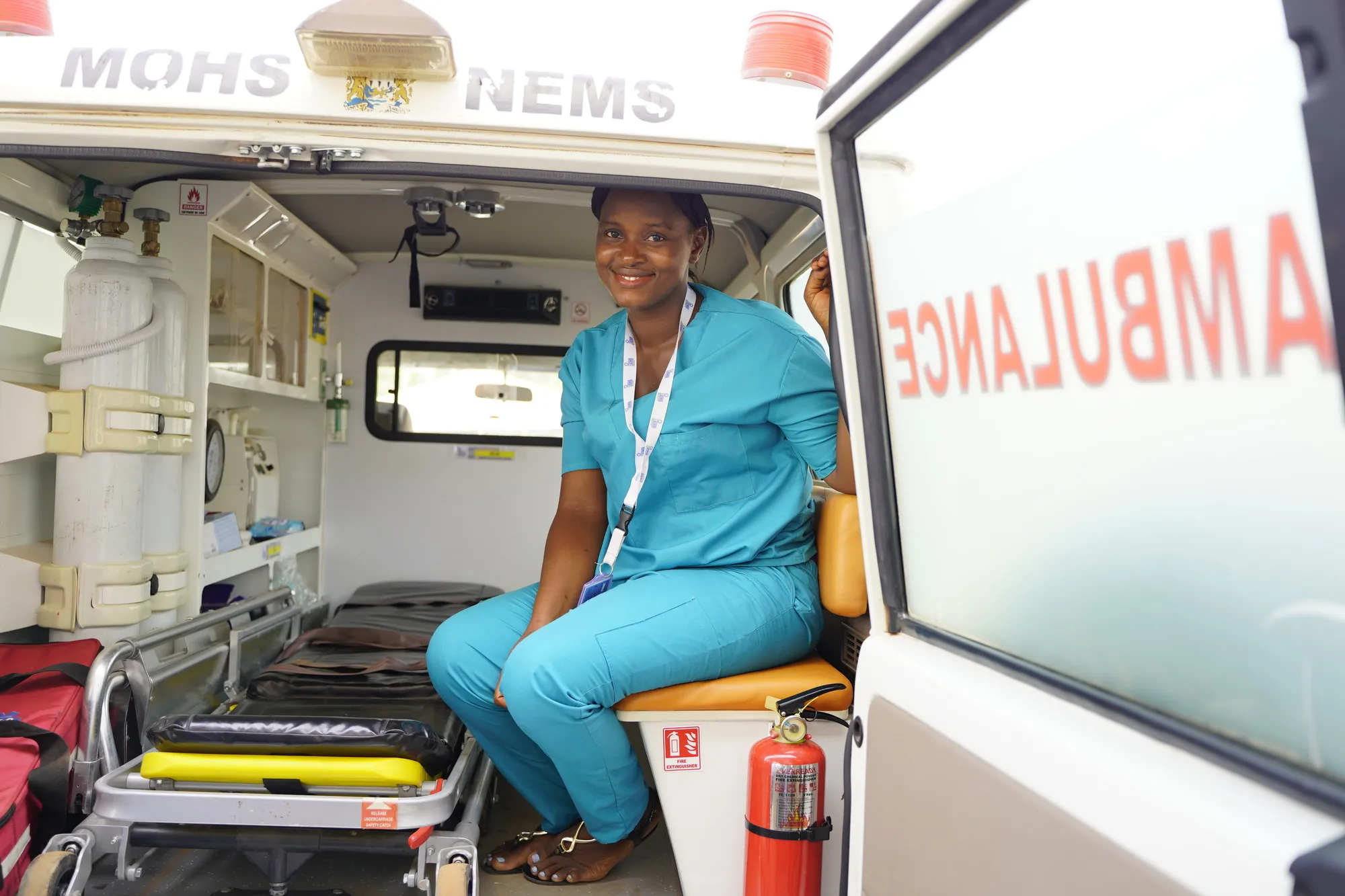Investing in universal global vaccine distribution will save twice as many lives when compared to only focusing on high-income countries, according to a report released today by CARE.
While nearly 25% of all people in the US have received at least one dose of a COVID-19 vaccine, international figures, particularly those in low- and middle-income countries, depict a grim reality. Only 0.5% of people in Brazil, and barely 0.02% of people in Afghanistan have gotten their first doses of the vaccine.
According to the report, stronger variants of the coronavirus will continue to emerge in populations that are not immunized, widening social and economic inequalities.
“If not for me and the many of us [frontline workers] reaching out, there are families who will not have anyone to help them during this crisis.”
CARE’s report makes one thing clear: Vaccines are useless without delivery systems. Amid the global conversation on vaccine access, donor countries “largely overlook the importance of delivering vaccines — and the key role women frontline health workers play in vaccine delivery,” the report states.
CARE estimates that for every $1 a country or donor government invests in vaccine doses, they need to invest $5 to deliver the vaccine. This funding would help strengthen health infrastructure and fuel vaccine education campaigns, and support health workers with training, fair pay, and childcare, allowing frontline workers — 70% of whom are women — to get vaccines distributed effectively.

